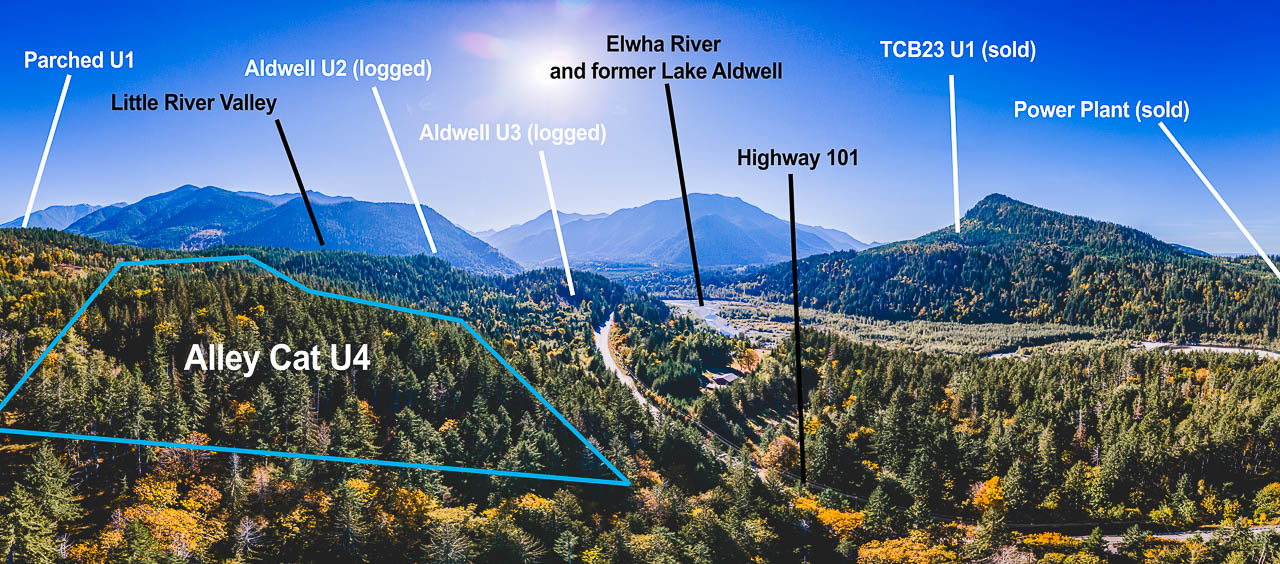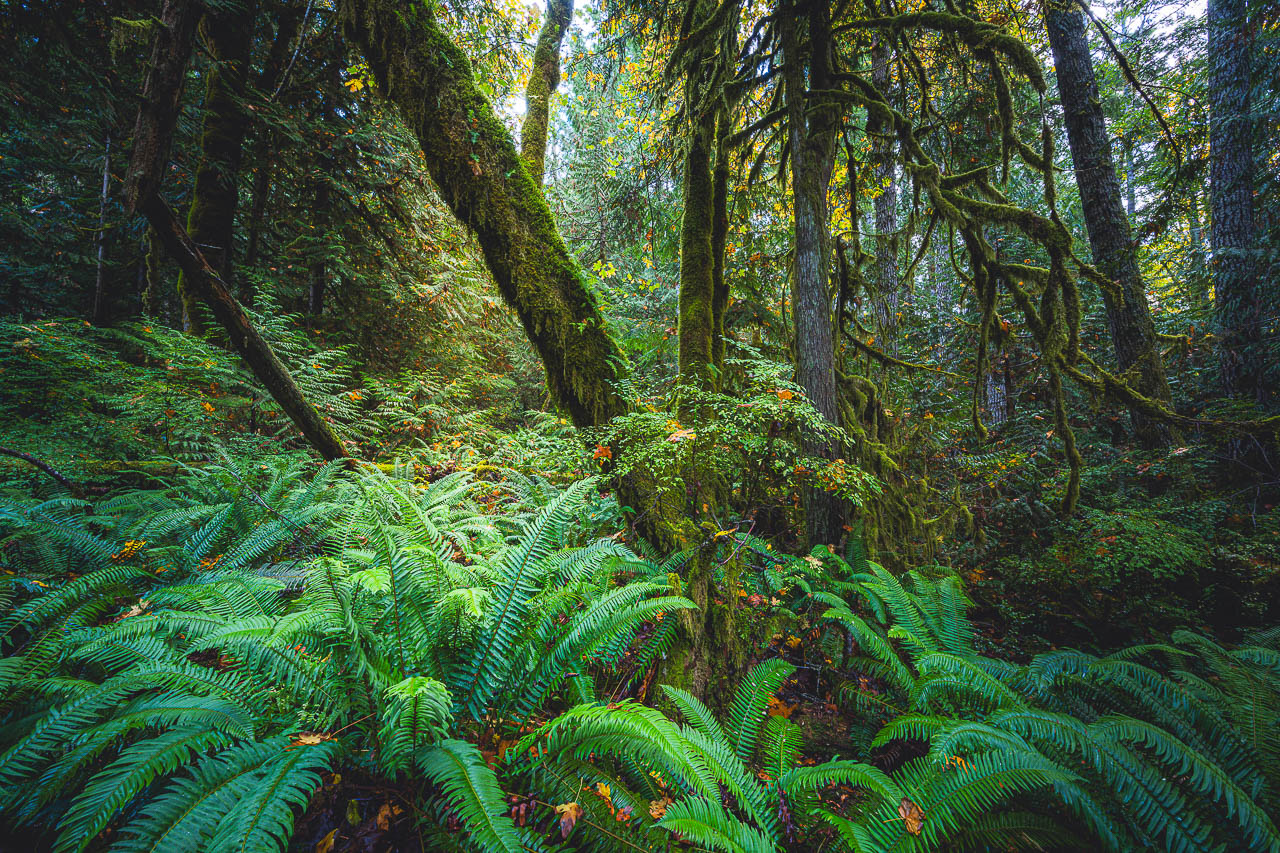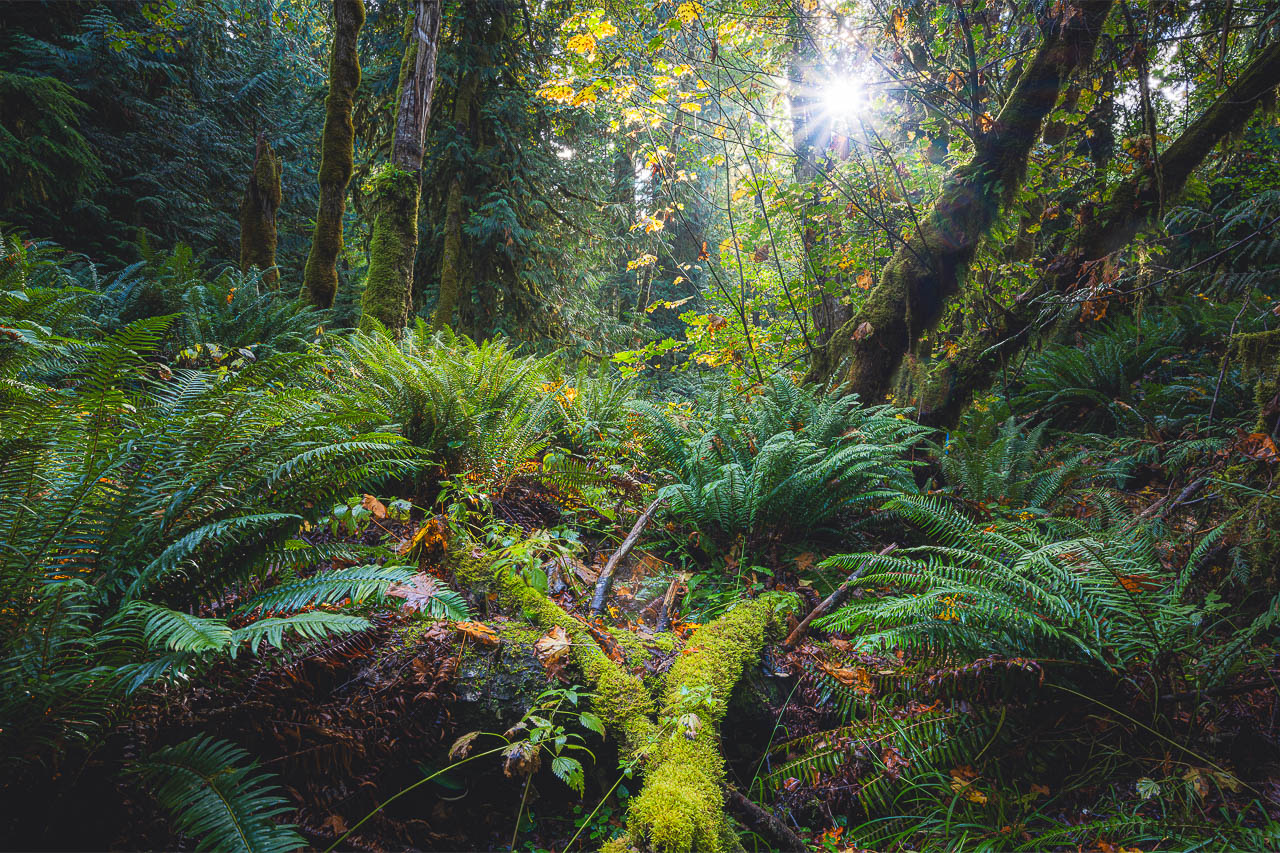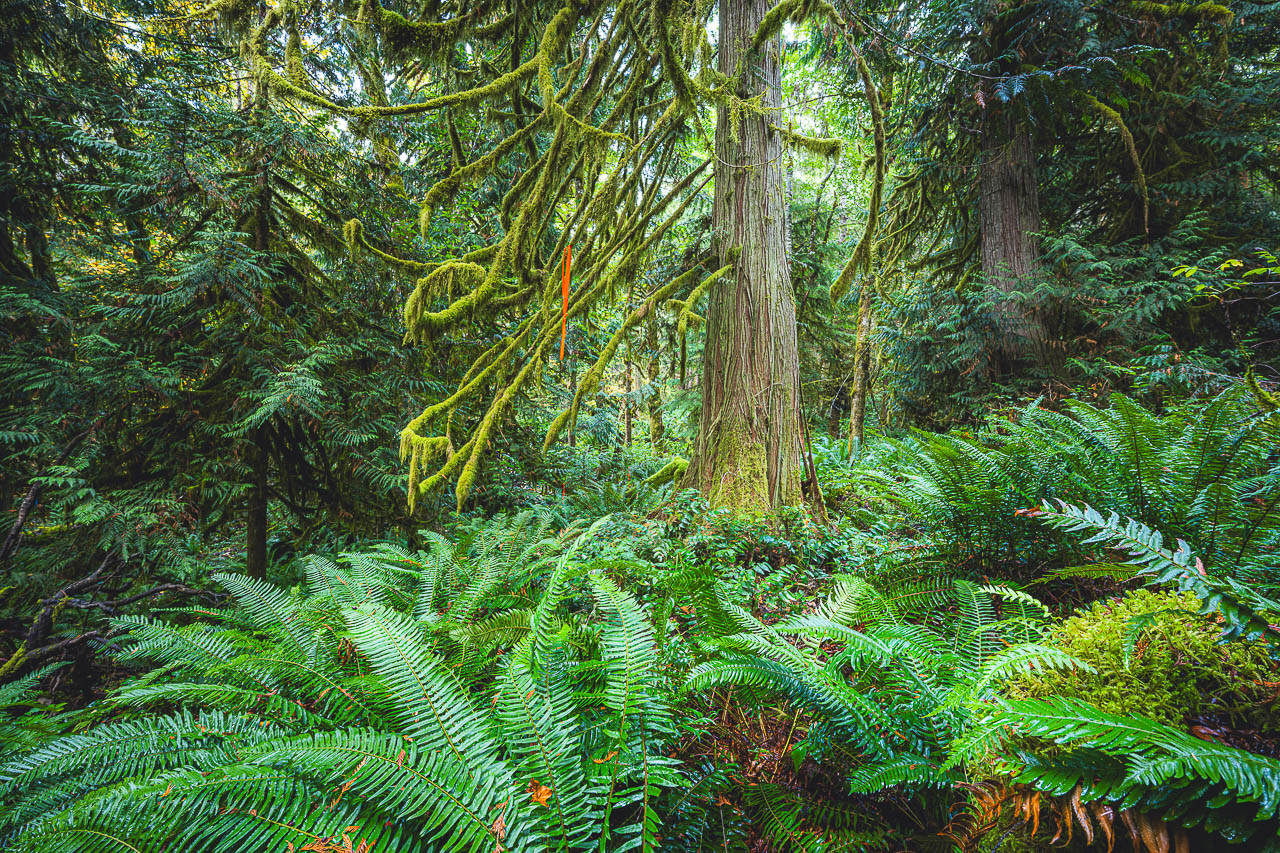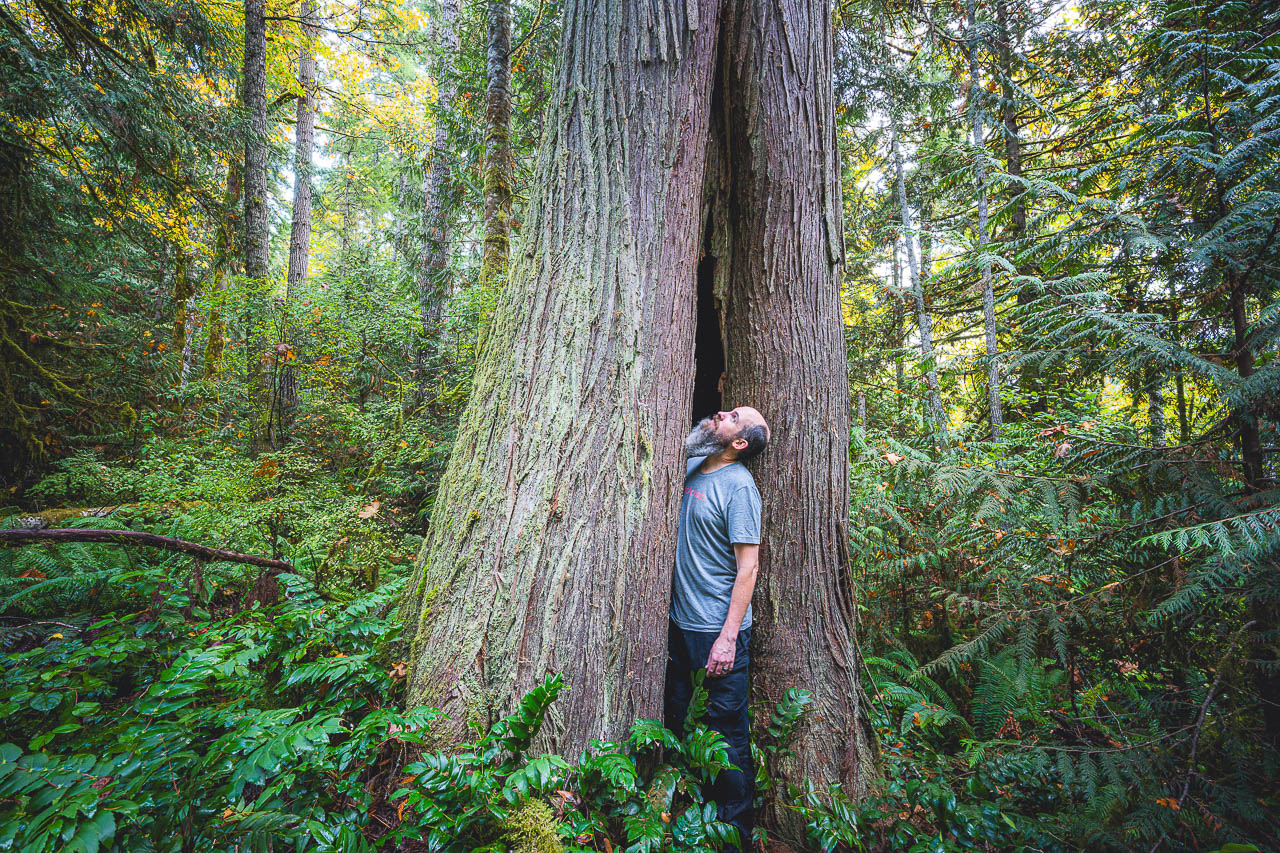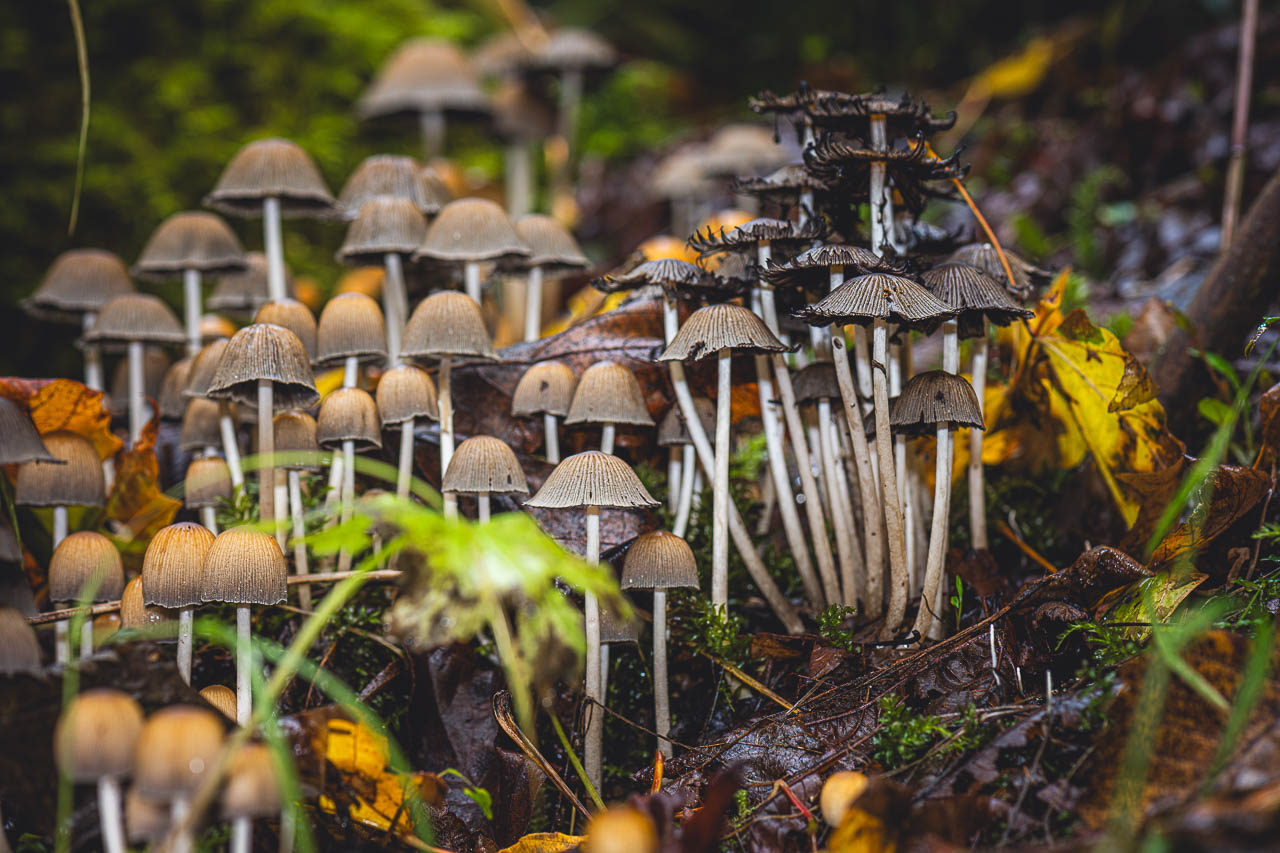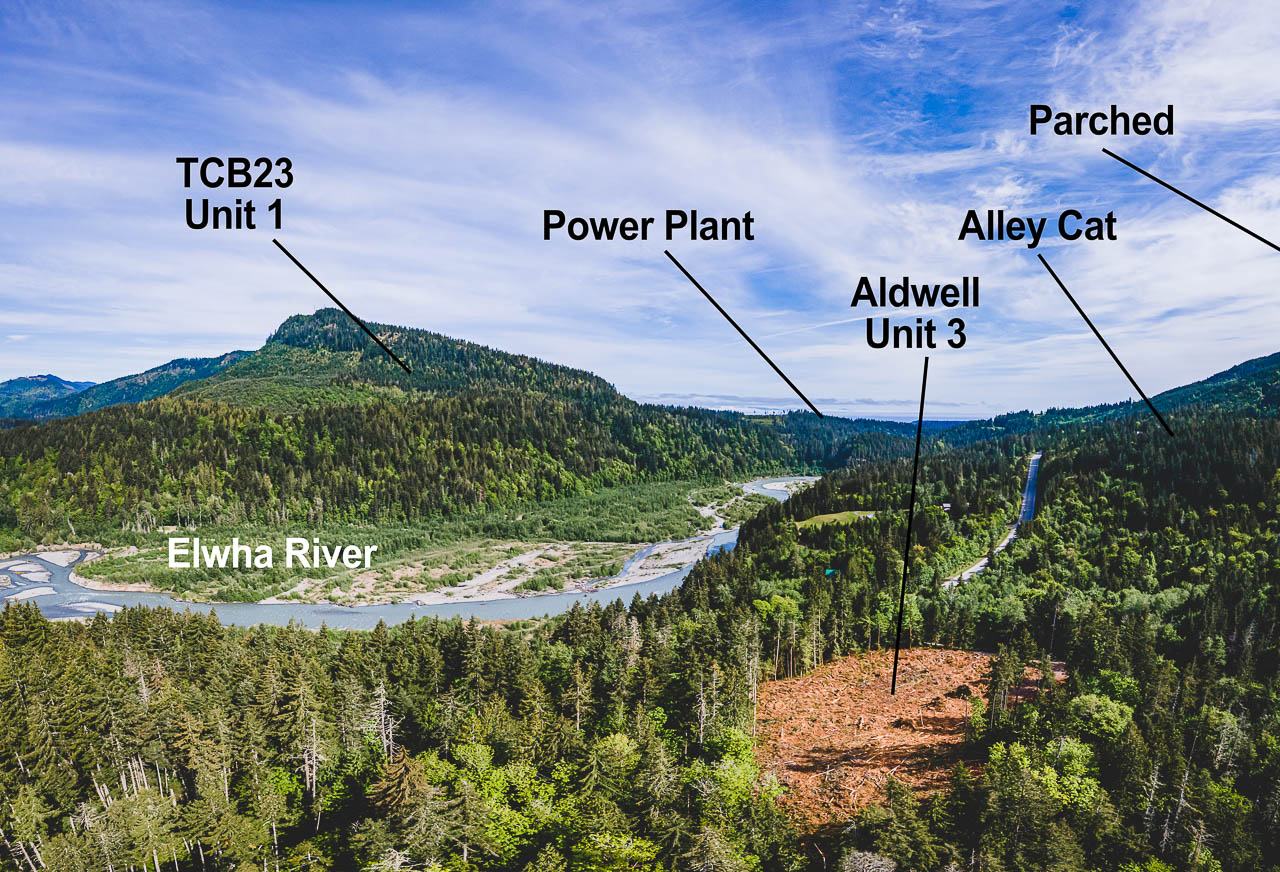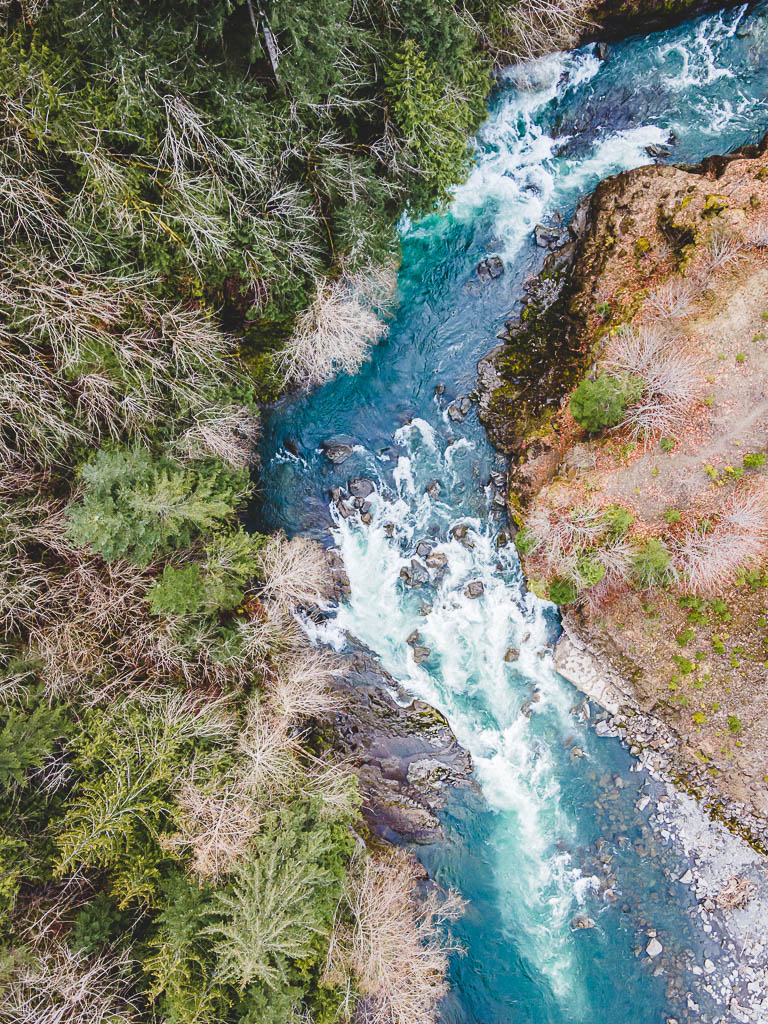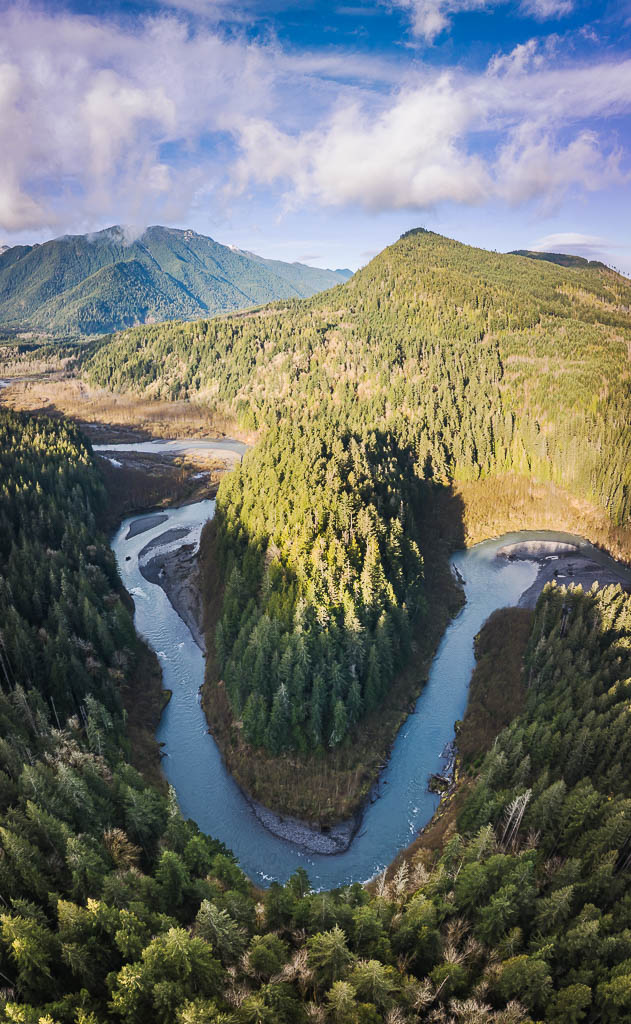Zoom in on the interactive Google Map to see where the DNR plans to log in the Elwha River Watershed.
Please help us save the Elwha River Watershed from more extractive logging!
The proposed DNR timber sale named “Alley Cat” will log approximately 100 acres near the Elwha River and Little River, in the Elwha River Watershed. Unit 1 has an origin date of 1886!
The Alley Cat timber sale was planned to be approved by the Board of Natural Resources on Nov 5th, 2024, but thanks to a request by the Lower Elwha Klallam Tribe, the auction was put on hold. The Board of Natural Resources and DNR can permanently cancel this sale and save this forest.
Please call (360) 902-1000 or email (cpl@dnr.wa.gov) Commissioner Upthegrove and the WA Board of Natural Resources (bnr@dnr.wa.gov) today and ask them to permanently cancel it!
Alley Cat
Yet another mature forest timber sale in the Elwha River Watershed
The Alley Cat timber sale would log more mature, legacy forest in the Elwha River watershed and is currently scheduled for auction in May 2024. It is very close to the Aldwell logged area and the Parched timber sale.
Alley Cat is east of the Elwha River and Highway 101, with portions in the Dry Hill mountain bike area and the rest along the Little River, a tributary of the Elwha River.
The Alley Cat timber sale includes large, mature Douglas Fir, Western Red Cedar, Western Hemlock, Grand Fir and Big Leaf Maple, with some tree trunks up to six feet across!
Alley Cat is a naturally regenerated forest with seasonal creeks, a complex understory, large snags, large wood on the forest floor and a mixed age canopy.
SEPA Comments:
Elwha River Watershed
With the removal of the 2 dams on the Elwha River, there’s over a $320 million dollar effort to restore the Elwha watershed. This includes work to restore salmon access up the Elwha and its tributaries. The Power Plant and TCB23 forests are part of the watershed that feeds directly into the Elwha River.
Legacy forests play a crucial role in protecting water quality. Trees in these forests act as natural filters, removing pollutants and contaminants from the water before it reaches streams, rivers, and lakes. They also help to prevent soil erosion and sedimentation, which can clog water sources and decrease their quality. Additionally, the root systems of trees in legacy forests help to regulate water flow and reduce the risk of flooding. Cutting down these forests would impact the quality of water sources in the area.
The Elwha River is the sole water supply for the City of Port Angeles and also a key source of salmon for the critically endangered southern resident orcas.
Graphic showing some of the upcoming legacy forest timber sales in the Elwha Watershed, as seen from Aldwell Unit 3.
Climate Change
Resources
-
New Trees are No Substitute for Old Trees – Politico article by Dr. Norm Christenson and Dr. Jerry Franklin
- WA State Teacher/Student/Parent Petition to protect Legacy Forests
- Pacific Northwest Forest Climate Alliance – Call to Action
- Olympic Climate Action
- Article: Washington mistakenly relies on logging as a climate solution
- 2022 Presidential Executive Order on preserving mature and old growth forests – Climate Forests Summary
- Climate Forests – Older Forests Factsheet
- Wild Carbon Storage in Old Forests
- Meeting GHG reduction targets requires accounting for all forest sector emissions
All images are ©Forest2Sea unless otherwise noted. Please contact us if you’d like to use any of these images to help save our legacy forests!
